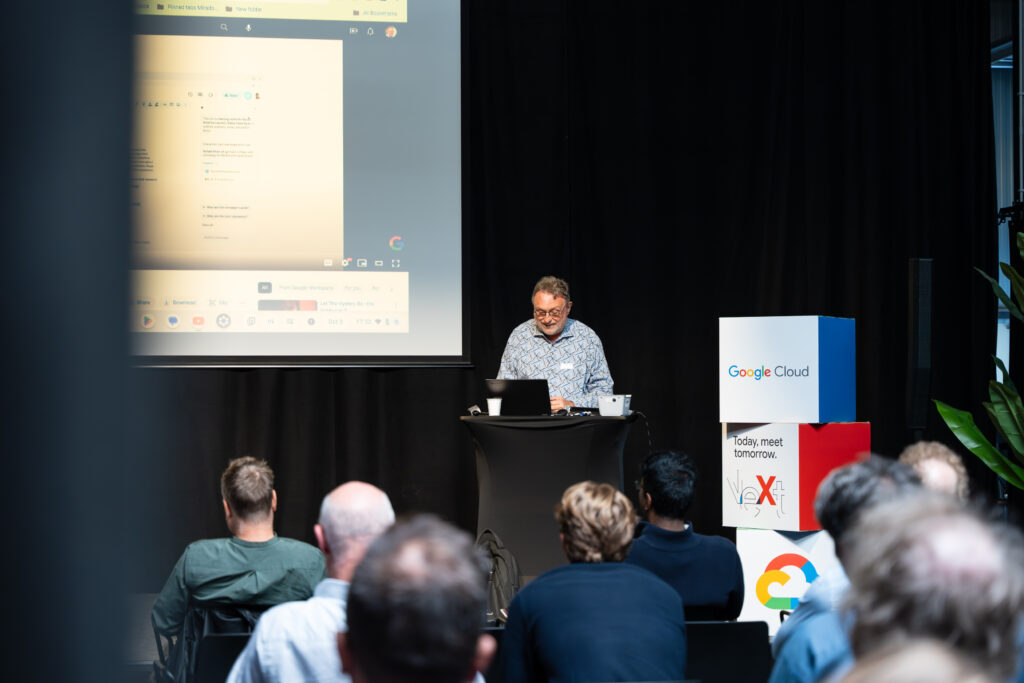Cookies are almost a thing of the past! No, please don’t run to your local grocery store to pick up a supply, we are of course talking about digital cookies, the somewhat infamous digital objects that are used to track users while they’re browsing the internet.
To map out the impact of this momentous shift on Belgian businesses, we at De Cronos Groep are launching a 5 min survey to help us figure out how to best help our customers. And to thank you for your time, we’re handing out a free chromebook to one of the respondents. You’ll find the link for the survey here, below we gathered some information in case you’re now wondering:
What’s happening to the Cookies?
Before we begin, we need to make a distinction between first and third party cookies. First party cookies belong to the website you are currently visiting. Take a webshop for example: first party cookies help store information on user data such as login details, language preferences, and items placed in your shopping cart. When you return to the website, all your goods are still in the cart, and you don’t have to find and add them again.
Third-party cookies on the other hand are used by third parties to track your activity as you move from website to website. Companies like Facebook and Google rely on these cookies to deliver tailored ads. This form of advertising has proven highly effective, like when that hotel pops up when you’re researching travel destinations.
First Party cookies are essential for websites to work, and they’re not going anywhere. But a few months back, Google made a pretty groundbreaking announcement on their blog:
Today, we’re making it explicit that once third-party cookies are phased out, we will not build alternate identifiers to track individuals as they browse across the web, nor will we use them in our products.
The ban has already been delayed to 2023, but the intention is still clear. In a sense, Google is simply moving with the times: Privacy is a growing concern for users, so much so that they are switching to privacy-first products.
What does this mean for my business?
First of all, nothing is changing when it comes to the direct relationship between your business and your clients. However, the truth is that this change will have a big impact on businesses that rely on third-party data for pinpointed online marketing campaigns.
Of course, this doesn’t shut the door for personalised marketing. The main solution lies in making the most of the data you can gather from your customers. Figuring out who your customers are and what they want won’t just be handed to you on a silver platter, but something you have to figure out yourself.
More than ever, marketeers will therefore need to master and understand their data, and this will require breaking down the walls between your IT & Marketing departments. Building a modern digital marketing strategy will subsequently require both technical and marketing skills.
We at De Cronos Groep believe that we are ideally suited to make sure our local companies remain on the innovative side of digital marketing. And in order to determine the readiness of Belgian companies, De Cronos Groep is conducting a short survey. Your participation helps us to get a good picture of the Belgian market and only takes 5 minutes to complete. In exchange for your participation, you will receive the full results of the survey afterwards and you have the chance to win a Google Chromebook that we will raffle off among the participants. Fill out the survey here.





